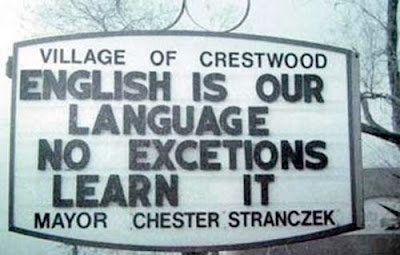- by Tara Maya
What Is Bad Writing?
Nathan Bransford wrote a controversial post in which he defended, not the content but the prose of 50 Shades of Grey. (Honestly, I don’t think anyone needs to defend the content either. Sexist? Sure; also the plot of pretty much every erotica novel ever. And since these are books by women for women there’s something else going on besides anti-feminism.) But let’s say that you loathe the content, does it follow the writing itself is also pure trash:
Nathan Bransford, Author: What People Talk About When They Talk About Bad Wr…: One thing about my Fifty Shades of Grey post that inspired some mild controversy was my insistence that it’s not that badly written.
What’s interesting about talking about “good” writing and “bad” writing is that when people use those terms, different people often mean different things.
When I talk about “good” writing and “bad” writing, I mean the prose. Is it readable on a sentence-to-sentence level? Is there a flow? Is there a voice? Do I get tripped up by a lack of specificity in description or are the details evocative? Is the hand of the author too apparent or am I able to lose myself in the world of the book?
This is all mainly accomplished on the sentence level. It’s not about character or plot or plausibility or whether the book is compelling or not and not at all about whether I like the book, it’s whether the author can write a paragraph….
Well, I completely agree with him, and I see this error in logic all the time. The error looks like this:
1. The content is bad / stupid / morally repulsive
THEREFORE:
2. The prose is awful.
Oh, friends. That’s Cartoon Logic. That’s like saying that you can tell a Villain by what color spandex he wears.
This is a really important point for self-published authors to learn too, because I see so many self-published books with the opposite problem. The content is original and fun and interesting but the prose is ghastly. If you try to point this out, you receive a rant about the conspiracy of Big Six publishers to squash new ideas. It isn’t Big Six publishers…It’s dangling prepositions and unclear antecedents. A book can shoot to the top of the charts with a hackneyed plot but not with a lack of periods at the end of sentences.
